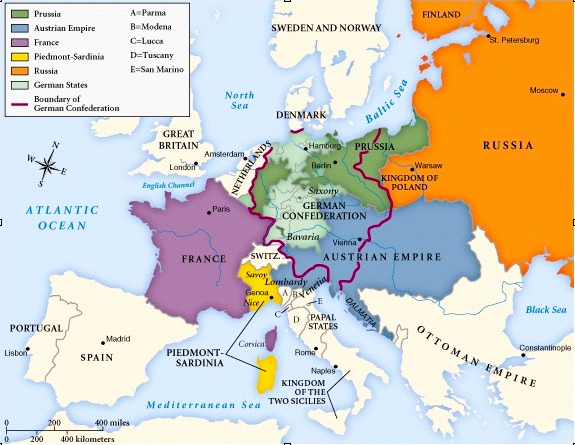

Stephen and the appointment of ambassador at St Petersburg īut his commission to make himself agreeable to the FrenchĪmbassador at Berlin was carried out to such excellent effect His reward was the grand cross of the order of St Had more to do with Prussia's decision than Metternich's veiled Her pride by Napoleon's contemptuous violation of her territory Influence of the emperor Alexander and the wound given to Of the 5th of November 1805 with Austria and Russia, the Not successful for though Prussia ultimately signed the treaty Russia and Great Britain against Napoleon.

To secure the adhesion of Prussia to the alliance of Austria, His part was exactly reversed, owing to the shifting of politicalįorces which led to the war of the third coalition, and he laboured

Prevent Prussia from joining the alliance of Russia and Greatīritain against the French Republic and to make himselfĪgreeable to the representative of France but shortly afterwards His two years' stay at the court of Dresden was mainly useful to him by bringing him into touch with the many Russian and Polish families of importance his serious diplomatic career did not begin till his appointment, in November 1803, as ambassador at Berlin. In January 1801 he was appointed Austrian envoy to the elector of Saxony. This was his first experience of the great world of practical politics and especially of those rough diplomatists of the Revolution of whom in his letters he has left so vivid a description. In December 1797 he was chosen by the Westphalian counts as their representative at the congress of Rastadt, where he remained till 1799. His interests were many and varied, and he found time for the serious study of natural science and medicine. He was far, however, from being a mere carpet diplomatist. Here he was well qualified to hold his own by reason of his handsome presence, the exquisite courtesy of his address and a certain reputation for gallantry. This alliance not only brought him great estates in Austria, but introduced him into the most exalted circles of Viennese society. Here, in August 1794, he issued his first publication, a pamphlet in which he denounced the “shallow pates” of the old diplomacy and argued that the only way to combat the French revolutionary armies was by a levée en masse of the populations on the frontier of France - singular views for the statesman who was destined to be the last great representative of the old diplomacy and the greater part of whose life was to be spent in combating the national enthusiasms by which the revolutionary power of France was ultimately overthrown.Īfter a long stay in England, where he made the acquaintance of the prince of Wales (afterwards George IV.), Metternich went to Vienna and on the 27th of September 1795 he married at Austerlitz the Countess Eleonore von Kaunitz, a grand-daughter of that Austrian chancellor who in many respects was his prototype. The outbreak of the revolutionary war drove him from Mainz, and he went to Brussels, where he found employment in the chancery of his father, at that time Austrian minister to the government of the Netherlands. The intervening time he spent at Mainz, attending the university and frequenting the court of the archbishop-elector, where his impressions of the Revolution were strengthened by his intercourse with the French émigrés who had made it their centre. at Frankfort, a function which he again performed at the coronation of Francis II. In 1790, by way of striking contrast, he was deputed by the Catholic bench of the Westphalian college of counts to act as their master of the ceremonies at the coronation of the Emperor Leopold II. Metternich was a witness of the excesses of the mob in Strassburg, and he ascribed his life-long hatred of political innovation to these early experiences of the victory of liberal ideas. In 1788 he went to the university of Strassburg, where he studied German constitutional law but the outbreak of the French Revolution caused him to leave after two years. At the time of Clemens Metternich's birth, and for some time subsequently, his father was Austrian ambassador to the courts of the three Rhenish electors, and the boy was thus from the first brought up under the influence of the tone and ideas which flourished in the small German courts that lay within the sphere of influence of the France of the ancien régime. 1818), was a diplomatist who had passed from the service of the archbishop-elector of Trier to that of the court of Vienna his mother was Countess Maria Beatrix Aloisia von Kagenegg. His father, Count Franz Georg Karl von Metternich-Winneburg zu Beilstein Prince (1773-1859), Austrian statesman and diplomatist, was born at Coblenz on the 15th of May 1773. METTERNICH-WINNEBURG, CLEMENS WENZEL LOTHAR,


 0 kommentar(er)
0 kommentar(er)
